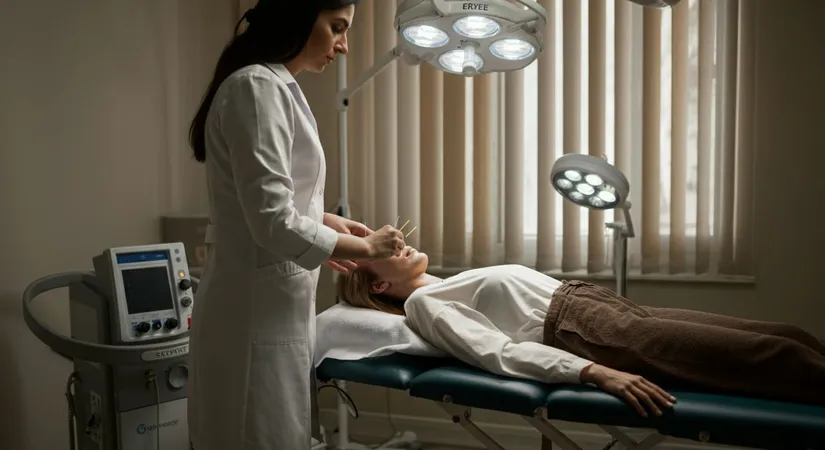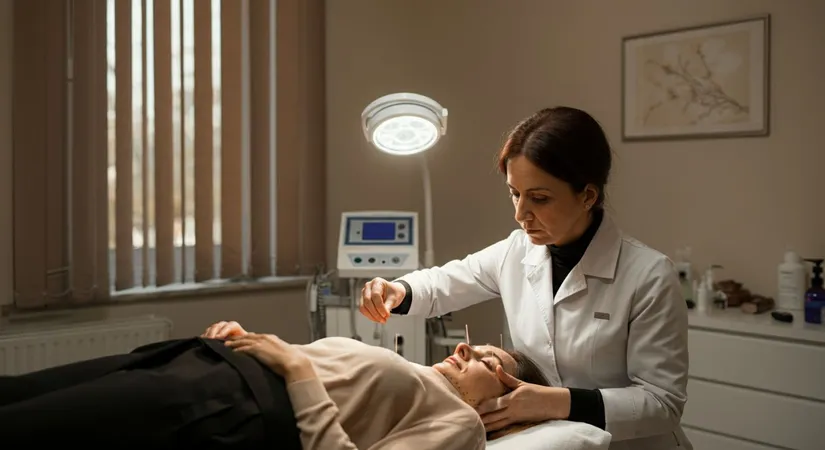Plastic Surgery: Enhancing Lives with Cutting-Edge Techniques
Discover the ancient practice of acupuncture and its benefits for modern health issues. Learn how it works, what to expect during a session, and how to choose the right acupuncturist.
Acupuncture: Unlocking the Secrets to Holistic Healing
Acupuncture is an ancient practice that has been used for centuries to promote holistic healing. This blog will delve into the origins, scientific perspectives, benefits, and integration of acupuncture with traditional medicine. We will also guide you on what to expect during an acupuncture session and how to choose the right acupuncturist.
The Ancient Origins of Acupuncture
Acupuncture has its roots in ancient China, dating back over 2,500 years. It is based on the concept of Qi (pronounced 'chee'), the vital energy that flows through the body. According to traditional Chinese medicine, Qi flows along pathways called meridians. When these pathways are blocked, it can lead to illness. Acupuncture aims to restore the balance of Qi by inserting thin needles into specific points on the body.

How Acupuncture Works: A Scientific Perspective
From a scientific standpoint, acupuncture is believed to stimulate the nervous system, releasing chemicals in the muscles, spinal cord, and brain. These chemicals either change the experience of pain or trigger the release of other chemicals and hormones that influence the body's internal regulating system. This can promote physical and emotional well-being.

Benefits of Acupuncture for Modern Health Issues
Acupuncture offers numerous benefits for modern health issues. It is commonly used to treat chronic pain, such as back pain, neck pain, and osteoarthritis. It can also help with migraines, tension headaches, and even anxiety and depression. Additionally, acupuncture is used to improve sleep, boost the immune system, and enhance overall well-being.
Integrating Acupuncture with Traditional Medicine
Integrating acupuncture with traditional medicine can provide a comprehensive approach to health care. Many medical practitioners now recognize the benefits of combining acupuncture with conventional treatments. This integrative approach can enhance the effectiveness of treatments, reduce side effects, and improve patient outcomes.
What to Expect During an Acupuncture Session
During an acupuncture session, the practitioner will assess your condition and insert thin needles into specific points on your body. The needles are usually left in place for 20 to 30 minutes. You may feel a slight tingling or warmth at the needle sites. The session is generally relaxing, and many people feel a sense of calm and well-being afterward.
Choosing the Right Acupuncturist: Tips and Advice
Choosing the right acupuncturist is crucial for a positive experience. Look for a licensed practitioner with proper training and certification. Ask for recommendations from friends or healthcare providers. It's also important to feel comfortable with your acupuncturist, so don't hesitate to ask questions and discuss your concerns before starting treatment.